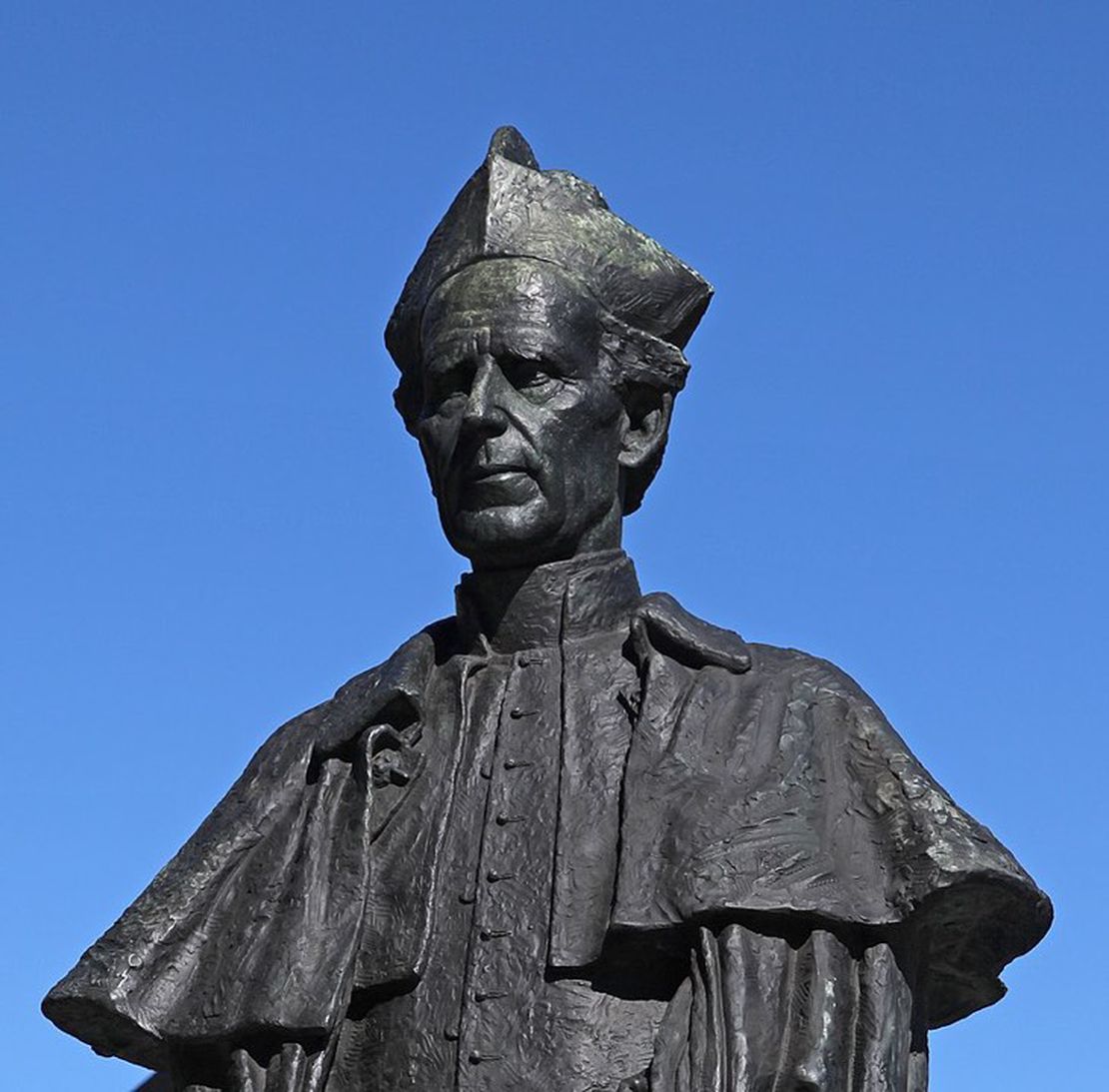- December 31, 1969
Daniel Patrick Mannix (4 March 1864 – 6 November 1963) was an Irish-born Catholic bishop. Mannix was the Archbishop of Melbourne for 46 years and one of the most influential public figures in 20th-century Australia.
Daniel Mannix was born on March 4, 1864, in Charleville, County Cork, Ireland. He rose to prominence as a significant religious leader and a political figure, serving as the Archbishop of Melbourne, Australia, from 1917 until his death in 1963. Mannix’s tenure as Archbishop was marked by his strong leadership, his advocacy for the Catholic community in Australia, and his involvement in various social and political issues.
Mannix is particularly remembered for his outspoken support for Irish independence. Coming from Ireland, where he was deeply influenced by the nationalistic fervor of the time, Mannix maintained a strong interest in Irish affairs throughout his life. His advocacy for Irish independence often brought him into the spotlight and sometimes into conflict with British authorities, especially during the Irish War of Independence and the subsequent civil war.
In Australia, Mannix was a central figure in debates over conscription during World War I, opposing the Australian government’s attempts to introduce compulsory military service. His stance was rooted in a broader concern for social justice and the rights of individuals, as well as a fear that the war was disproportionately affecting the working class, including many from the Irish Catholic community.
Beyond his political involvement, Mannix was instrumental in the development of Catholic education in Australia. He played a key role in expanding the Catholic school system and was a strong advocate for the rights of Catholic schools to receive public funding. His efforts helped to shape the landscape of education in Australia, ensuring that Catholic schools became an integral part of the educational system.
Daniel Mannix’s legacy is multifaceted, reflecting his contributions to religious life, education, and political discourse in Australia, as well as his enduring connection to Ireland and its struggle for independence. He passed away on November 6, 1963, in Melbourne, leaving behind a lasting impact on both the Catholic Church and the wider Australian society.

 ← Thomas Edward Ellis, Welsh Nationalist, born
← Thomas Edward Ellis, Welsh Nationalist, born